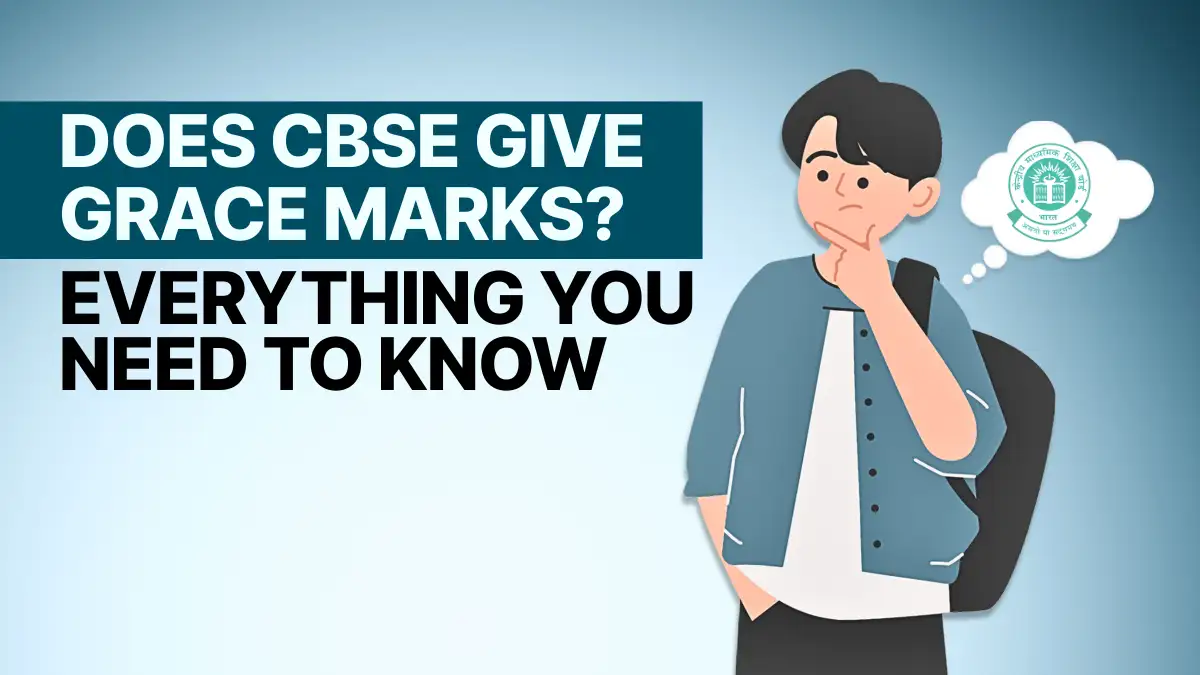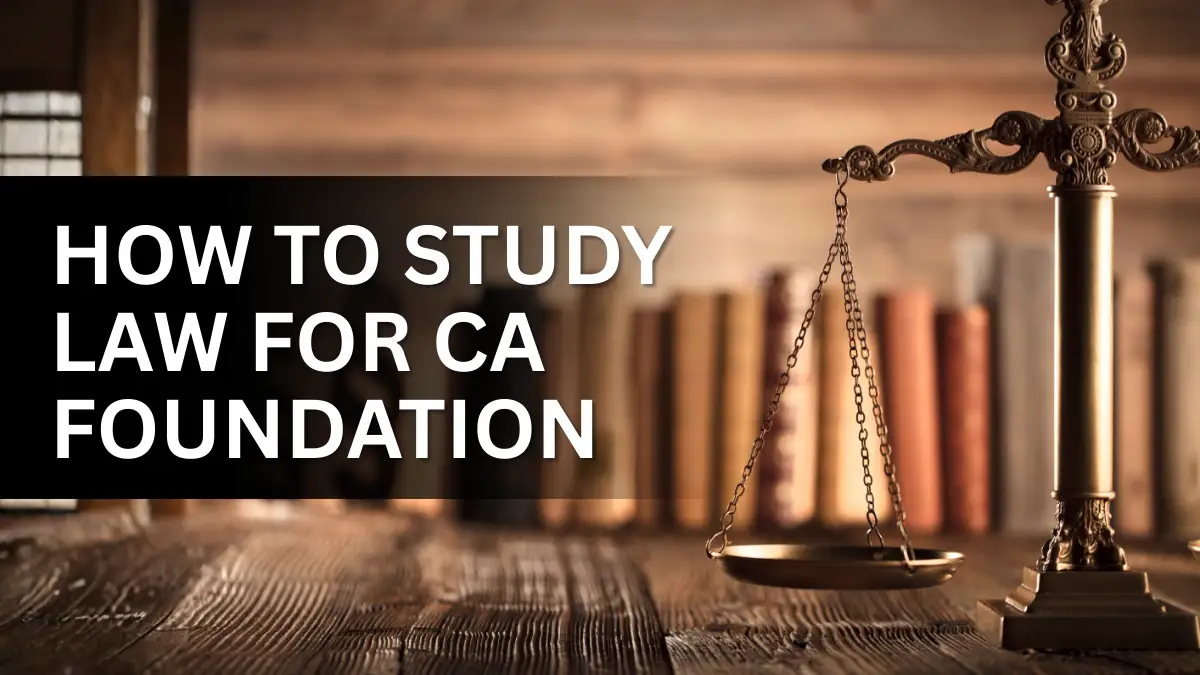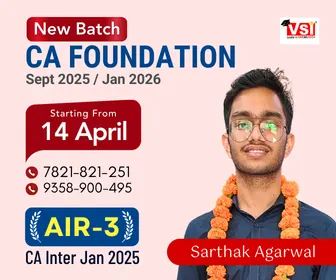Every year after CBSE declares the Class 10 and Class 12 results, a common question spreads among students: Does CBSE give grace marks? Many students who miss passing by just one or two marks often wonder if CBSE has any policy to support them. The anxiety is understandable. After studying for an entire year, no one wants to fail simply because of a small margin.
In this guide, we will explain everything you need to know about CBSE grace marks, how they work, who gets them, and under what conditions they are awarded. We will also clear common myths and give you authentic and easy-to-understand information.
Also Read: Best Reference Books for Class 12th CBSE
What Are Grace Marks?
Grace marks are additional marks given by the examination board to help a student pass when they are short of a few marks in a subject. The purpose of grace marks is not to increase a student’s overall score or help them improve their percentage. Instead, the goal is to prevent a student from failing just because they fell short by a very small margin.
Grace marks are usually awarded in situations like:
- Marginal failure in a subject
- Questions found incorrect or out of syllabus
- Compensatory marks for difficult question papers
- Errors in question papers
Does CBSE Actually Give Grace Marks?
Yes, CBSE does give grace marks in specific situations. However, this is not a right that students can demand. It is a limited relaxation policy that CBSE uses only when necessary. The decision to give grace marks depends on the board’s evaluation policy for that particular year.
CBSE has clarified that bonus marks are awarded to ensure that students do not fail due to small mark shortages. But it is strictly regulated and does not apply to every student.
Also Read: How to Get Full Marks in Maths Class 12
CBSE Grace Marks Policy: Key Points
Here is how cbse grace marks are applied:
| Condition | Grace Marks Allowed |
| Short by 1–3 marks in one subject | Up to 3 grace marks |
| Short by 1–2 marks in two subjects | Up to 2 marks in each subject |
| Moderation in overall marking due to difficult paper | Variable |
| Out-of-syllabus question or incorrect question | Marks given to all students who attempted |
| No grace for improving percentage | Not allowed |
Difference Between Grace Marks and Moderation Marks
Many students confuse grace marks with moderation marks. Here is the difference:
| Feature | Grace Marks | Moderation Marks |
| Purpose | To help a student pass | To balance difficulty level |
| Based on student | Yes | No, applied to all or many students |
| Maximum marks | Limited (usually up to 5) | Decided based on paper analysis |
| Example | Student gets 32 instead of 35, board gives 3 marks to pass | Paper found too lengthy, 2 marks added to everyone |
Grace marks are individual-specific, while moderation marks are general.
Who Is Eligible for CBSE Grace Marks?
CBSE awards grace marks only under certain conditions:
- Student is failing in only one subject but is short by up to 3 marks.
- Student is failing in two subjects by 1–2 marks each.
- Errors in question paper and the student attempted that question.
- Paper found too difficult and moderation is applied.
- Internal assessment issues are verified by the school and reported to CBSE.
However, note that grace marks are not given to improve overall percentage. They are used only to help students pass.
When Does CBSE Give Grace Marks?
Grace marks are mostly given in the following situations:
1. Marginal Failure in One Subject
If a student gets 32 or 33 in a subject where the pass mark is 35, CBSE may give 2–3 grace marks.
2. Combined Passing Rule
If a student has scored good marks in one subject but is short by 2–3 marks in another, CBSE may use the combined passing rule to pass the student by awarding grace marks.
3. Difficulty Level of Paper
Sometimes question papers turn out more difficult than expected. In such cases, CBSE applies moderation and may add extra marks for fairness.
4. Wrong or Misprinted Questions
If a question in the paper is misprinted or incorrect, CBSE gives full or partial marks to every student who attempted it.
5. Answers Out of Syllabus
If a question is outside the syllabus, CBSE may decide to give bonus marks to affected students.
Important Rules About CBSE Grace Marks
- Grace marks are given only for passing, not for increasing merit.
- They are awarded after evaluation during result processing.
- Students cannot request or apply for grace marks.
- Grace marks are decided by the board automatically.
- Grace marks do not appear separately on the marksheet.
- They are applied only if a student has passed in internal assessment/practicals.
Grace Marks in Class 10 vs Class 12
CBSE uses grace marks slightly differently for Class 10 and Class 12.
| Criteria | Class 10 | Class 12 |
| Passing subjects required | 5 | 5 |
| Based on best of 5 rule | Yes | No |
| Grace marks limit | Flexible | Strict |
| Moderation | Sometimes | Common in difficult subjects |
| Impact on compartment | Reduced chances | Helpful for marginal students |
Does CBSE Give Grace Marks in Practical Exams?
No, CBSE does not give grace marks in practical exams. Students must pass practical exams separately. If a student fails in the practical component, they are considered failed in that subject even if theory marks are passing.
However, if there is an error from the school in internal marks submission, CBSE reviews such cases and may take corrective action.
Does CBSE Give Grace Marks in Maths and Science?
This is one of the most searched questions by students. The answer is yes, CBSE bonus marks can be given in any subject, including Mathematics and Science, if the student meets the eligibility criteria. However, these subjects rarely receive grace marks unless the paper was exceptionally difficult or a student falls just 1–2 marks short of passing.
How CBSE Decides Grace Marks
CBSE follows a step-by-step evaluation method before awarding grace marks:
- Check subject-wise passing status.
- Identify students failing by 1–3 marks.
- Apply internal assessment and practical marks first.
- Use combined passing rule if applicable.
- Apply grace marks during final stage of result processing.
How to Know If You Got Grace Marks
CBSE never discloses it publicly. Students cannot see separately how many grace marks they received. If you passed a subject despite being short by a few marks, it is possible grace marks were added silently.
Common Myths About CBSE Grace Marks
| Myth | Reality |
| Every student gets grace marks | False |
| You can request grace marks from school | False |
| Grace marks are shown on marksheet | False |
| Grace marks improve percentage | False |
| Practical grace marks are allowed | False |
What If You Still Fail After Grace Marks?
If a student still fails after these marks, CBSE offers two options:
- Compartment Exam – For students failing in one or two subjects.
- Improvement Exam – To improve marks in the next session.
Grace marks only reduce the chances of failure but do not guarantee passing.
To sum up, yes, CBSE gives grace marks but only under specific rules. The policy is designed to provide fair support to students who narrowly miss the passing marks. It is not a system to boost percentages, but a support mechanism to prevent unnecessary failure. If you prepared well but fell a little short, cbse grace marks may save your year.
However, depending on grace marks is never a smart strategy. Focus on your preparation, understand the concepts, and solve mock papers. Let grace marks be just a backup, not your plan.









